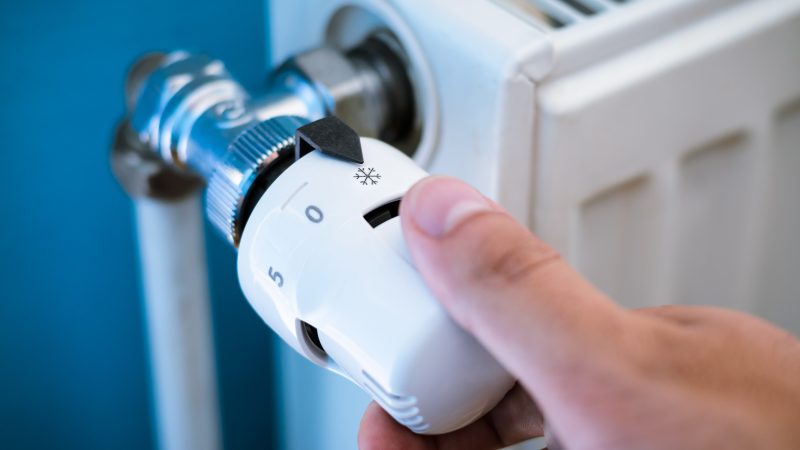
The government’s U-turn on winter fuel has sparked fears there could be more welfare cuts amid a scramble for cash – just as new exclusive Labour members’ polling suggests members want the opposite, with strong demand for reversal of the two-child benefit cap.
Today, Chancellor Rachel Reeves announced that all pensioners with an income of £35,000 or less a year will have the winter fuel payment restored. The decision came following week of uncertainty after Prime Minister Keir Starmer’s shock announcement that the government would u-turn on the issue.
However, the Institute for Fiscal Studies has claimed that the move is likely to lead to higher taxes or other welfare cuts.
Taxes rises or welfare cuts
The Treasury said restoring winter fuel payments will cost around £1.25 billion in England and Wales, and that the cost will be account will be accounted for at the budget and without “permanent additional borrowing”.
Paul Johnson, director of the IFS said: “The corollary of “this will not lead to permanent additional borrowing” is that it will lead to permanent additional taxes (or just possibly permanent cuts to other bits of welfare).”
The problem for the government then, if it is to avoid raising taxes, is which area of welfare to slash.
Adding to the pressure is the fact that winter fuel isn’t the only unpopular policy Labour members would like to see reversed.
A recent LabourList poll of members found 79% of members want to see the two-child benefit cap scrapped.
Notably, it is significantly more than the 61% who said they backed full reversal of the winter fuel cuts – and 59% who want disability-related benefit reforms ditched.
Subscribe here to our daily newsletter roundup of all things Labour – and follow us on Bluesky, WhatsApp, Threads, X or Facebook.
The poll is the latest in a series of regular polls LabourList is publishing in partnership with leading pollsters Survation, a member of the British Polling Council and a Market Research Society Partner.
Survation surveyed 1,304 LabourList readers who also said they were Labour Party members between May 30 and June 1.
Data was weighted to the profile of party members by age, sex, region and 2020 Labour leadership vote, targets for which were derived from the British Election Study and the results of the 2020 leadership election.
- SHARE: If you have anything to share that we should be looking into or publishing about this story – or any other topic involving Labour– contact us (strictly anonymously if you wish) at [email protected].
- SUBSCRIBE: Sign up to LabourList’s morning email here for the best briefing on everything Labour, every weekday morning.
- DONATE: If you value our work, please chip in a few pounds a week and become one of our supporters, helping sustain and expand our coverage.
- PARTNER: If you or your organisation might be interested in partnering with us on sponsored events or projects, email [email protected].
- ADVERTISE: If your organisation would like to advertise or run sponsored pieces on LabourList‘s daily newsletter or website, contact our exclusive ad partners Total Politics at [email protected].




More from LabourList
‘The hope that kills you’: Reflections from the final day in Gorton and Denton
MPs, union leaders and organisations react to ‘bruising’ Gorton and Denton result
A gory night for Labour